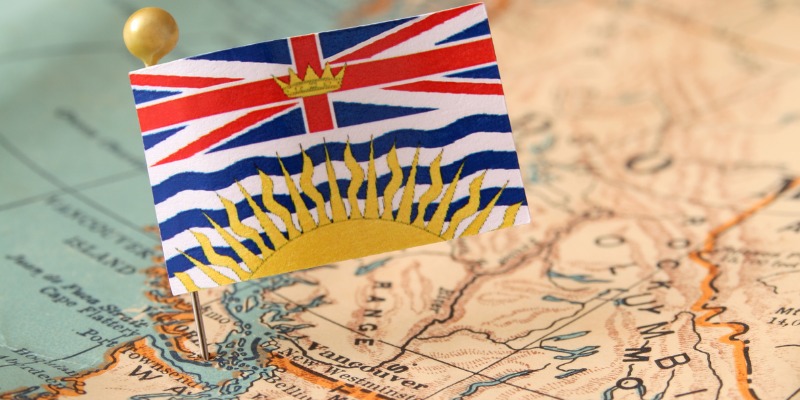B.C. government wants to quickly make major changes to Land Act

British Columbia is now involved in a debate over the Eby government’s plan to amend the Land Act and allow First Nations to acquire co-management rights over public lands—95 per cent of the province. Critics say this will amount to a First Nations veto over almost all future economic development because so many of the province’s main industries—forestry, mining, oil and gas, hydroelectricity, tourism and recreation—rely on use of public land.
To fully understand what’s going on, we must go back to 2007, when the UN General Assembly approved the United Nations Declaration of the Rights of Indigenous Peoples (UNDRIP). Canada, along with the United States, Australia and New Zealand, voted against the approval of UNDRIP in part because of section 32, which provided that governments had to obtain the “free, prior, and informed consent” of Indigenous peoples before approving projects affecting their lands or resources. In 2010, the four Anglo-American democracies partially endorsed UNDRIP with the qualification, as President Obama said, that it had moral force but was “not legally binding.”
Attempts to go further and insert UNDRIP into Canadian law failed until 2019, when B.C.’s NDP-Green coalition government introduced Bill 41, the Declaration on the Rights of Indigenous Peoples Act (DRIPA). The opposition BC Liberal Party (inexplicably in the view of this writer) chose to support Bill 41, accepting NDP assurances that it did not entail an Indigenous veto over use of public land, even though that was obvious from the wording of UNDRIP, which was included as part of Bill 41.
Why did the opposition not rely on the wording of the bill rather than on the bland assurances of the government? It was a momentous failure because Bill 41 had revolutionary implications that are becoming visible in the debate over amendments to the Land Act.
Section 7 of DRIPA authorizes the B.C. government’s cabinet to enter into agreements with Indigenous governing bodies, allowing the cabinet either to exercise joint decision-making with these bodies or to obtain their consent before acting. The first amounts to an implicit veto, the second to an explicit veto. In either case, First Nations would have the right of veto in the original sense of this Latin word: “I forbid.”
The role of the opposition in a parliamentary government is to oppose, that is, to bring to public attention the implications and possible deficiencies of legislative proposals. Outside observers can do this only to a limited extent; political parties have much bigger megaphones to get the public’s attention.
Because B.C.’s official Opposition never opposed Bill 41, the public was never led to grasp its implications. But a recent Angus Reid poll reported that only 18 per cent of respondents support an Indigenous veto, and yet that veto was clearly implied in Bill 41. Because of the government’s misdirection and the Opposition’s credulity, the political system failed to inform voters of what they were getting.
Now the Eby government is engaging in a limited and rushed “consultation” about amendments to the Land Act with no public meetings (short written submissions only) and a goal of finishing the consultation in March and writing the new legislation in the spring. In its own defense, the government says it’s simply carrying out the mandate it received when Bill 41 was passed. Look at section 7, the government says. All the parties have already approved what we’re doing.
This is an abuse of democratic politics. First, Bill 41 passed with all-party support and without proper debate. Then the government uses past support for Bill 41, based on limited understanding of the Bill’s implications, to justify a ridiculously short period of consultation for amendments to the Land Act creating an Indigenous veto that it denied was implied in Bill 41.
However, maybe there’s hope. The leaders of both BC United and the Conservative Party of BC have announced their opposition to the proposed amendments to the Land Act; indeed, the Conservative leader even proposes the repeal of UNDRIP. They sense the overwhelming opposition to an Indigenous veto that was so evident in the recent Angus Reid poll. Maybe now B.C. citizens will profit from a debate that should have taken place in 2019. Maybe the NDP government will decide it’s unwise to turn the impending provincial election into a referendum on Indigenous rights.

